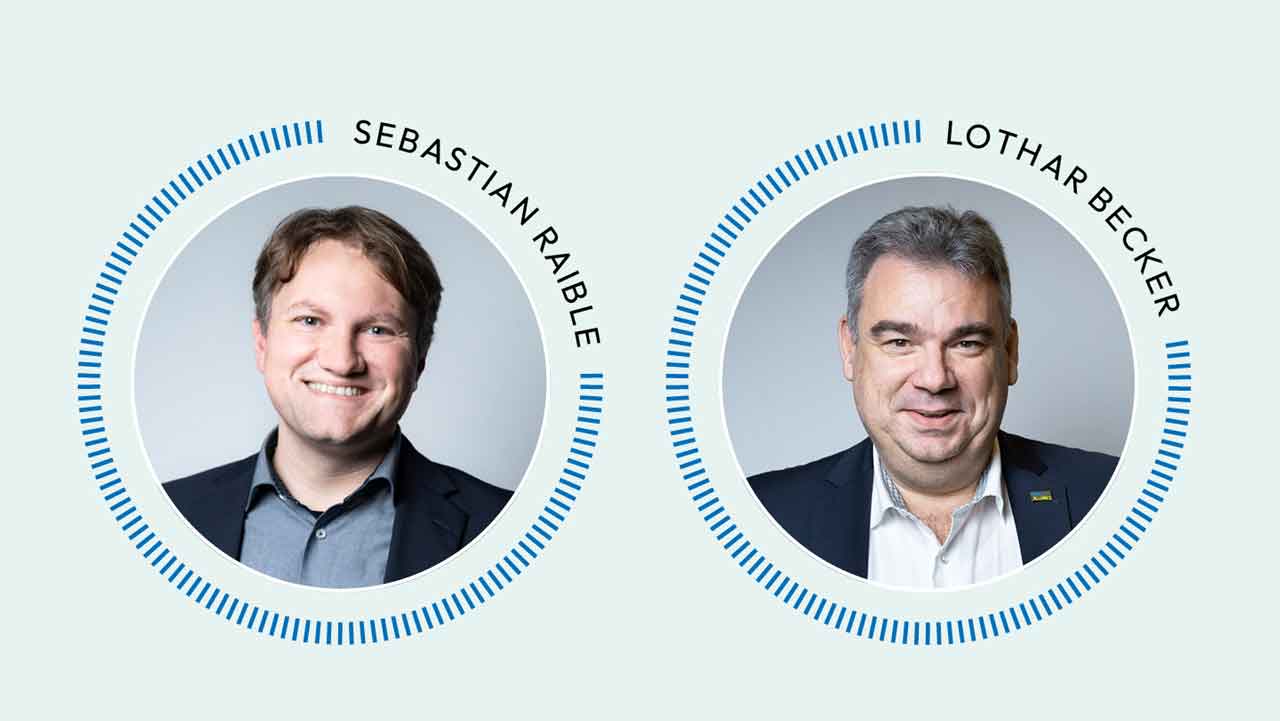More transparency, efficiency, and sustainability: Open source can make a decisive contribution to the digitalisation of the air cargo sector. A standardised, open IT infrastructure simplifies and accelerates data exchange in an industry where many players often operate with differing IT systems and processes. Specifically, digital tracking and tracing solutions create real-time transparency across supply chains, standardised APIs or software modules enable seamless digital communication and reduce the effort required to integrate disparate systems. In principle, open source solutions can also help develop more climate-friendly transport options. Especially in times of crisis, they enable the rapid adaptation of supply chains. In short, “The potential of open source in air cargo is enormous, and the time to harness it is now,” says Andreas Nettsträter, CEO of the Open Logistics Foundation. Arnaud Lambert, ONE Record Engagement Manager of the IATA, confirms this. For Lambert, there is no doubt that the air freight industry must utilise open source: “Open source enables us to master digital transformation, even with limited IT capabilities, and to advance networking, standardisation, and automation with greater momentum. When industry players collaboratively develop open source software that is freely available to all, we can succeed in overcoming the industry’s fragmentation.”
Unified solution for One Record
Work is already underway within the Open Logistics Foundation: Member companies from the industry founded the Working Group “Digital Air Cargo” to make air cargo more efficient and to enable new applications and solutions. The focus of the Working Group’s first project – “NE:ONE” – is the data exchange standard One Record, developed by the International Air Transport Association (IATA). One Record aims to overcome the fragmentation of freight information in the air cargo industry by consolidating all relevant data related to a shipment – such as air waybills, freight documents, customs declarations – into a single digital dataset. In the NE:ONE project, an open source software was created based on developments from the project “Digital Test Field Air Cargo (DTAC),” funded by the Federal Ministry for Digital and Transport (BMDV). The goal was for One Record to not be implemented in many individual variants but instead to create a uniform solution for all freight companies.
Industry continues to develop standards
The open source software is now published in the Open Logistics Repository, making it available to all stakeholders. They can freely download the software, integrate it into their IT landscapes, and adapt it. The more companies use this solution, the better and more effectively the industry can advance its digitalisation. The engagement numbers in the repository show that companies have already recognised the value of this tool. During the IATA One Record Hackathon in Dublin in the spring – where it participated as a partner for the first time – the Open Logistics Foundation called on companies to actively continue developing the software and regularly provide updates and bug fixes. In this way, the entire industry can benefit from continuous improvements and ensure that the software remains relevant for everyone in the long term. However, the Open Logistics Foundation does not want to build solely on the NE:ONE software. In its new IATA-supported initiative for the use of open source technologies in air cargo, the Foundation invites companies to become members and realise their own digital solutions – from uniform interfaces for data exchange between airlines, carriers, and customs authorities to open source platforms for tracking, documentation, or automation. To support this, the Foundation offers the participants a neutral platform for idea exchange and regulated, competition-compliant collaboration. This is especially important when competitors are working together on a project. One of the major challenges in the air cargo industry is the high regulatory and safety requirements. Digital solutions must be compatible with strict regulations on security, customs, and the environment. The Open Logistics Foundation is aware of this, so software development is accompanied from the outset by a Legal Product Owner who ensures that all technical solutions comply with legal requirements
Closing gaps in digitalisation
At the World Cargo Symposium in Dubai, Andreas Nettsträter and Carina Tüllmann of the Open Logistics Foundation, once again promoted the initiative. In their presentation on “Global Open Source Community for Digital Freight,” they explained to an interested audience the importance of a global digital cargo community and how it improves collaboration and efficiency in the industry. “Air cargo is on the path to digitalisation, but there are still major gaps,” said Carina Tüllmann. “With our initiative for the use of open source technologies, we can and want to close these – or at least some of them. We hope that many companies will get in touch with us, both the big players and the smaller actors. Because collaborative development works all the better the more roles and perspectives it includes.“




